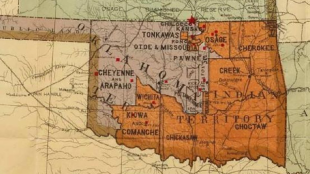Native Nations & Rural America: An Unlikely Partnership?
(Source) Introduction In the wake of McGirt v. Oklahoma, Tribes across America celebrate the Supreme Court’s reaffirmation of tribal sovereignty and self-governance. In the landmark case, the Court held that the Muscogee Creek reservation had not been disestablished and that criminal jurisdiction remained with the Tribe and the federal government – not the state. This cause for celebration brings with it new economic pressures for Oklahoma Tribes. With criminal jurisdiction, a Tribe must have adequate infrastructure including courts, jails, employees for both, and additional resources related to criminal justice systems. The Court’s decision restored criminal jurisdiction to the Tribe for much of Eastern Oklahoma. The reservation spans over three million acres, and includes the state’s second largest city, Tulsa. Although criminal jurisdiction is limited by the Major Crimes Act, nearly 300,000 Native Americans live within the reservation. Cases involving Native American perpetrators of a crime on the reservation are now directed to the Tribe’s one district court, Okmulgee, where the court and the tribal services are located, is a forty-five minute drive from Tulsa, and an even further drive for individuals from towns at the edge of the reservation. For successful application, the McGirt ruling demands funding and infrastructure that [read more]

